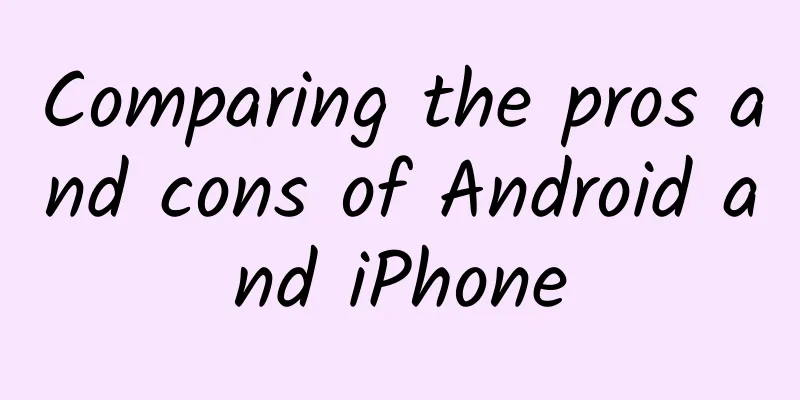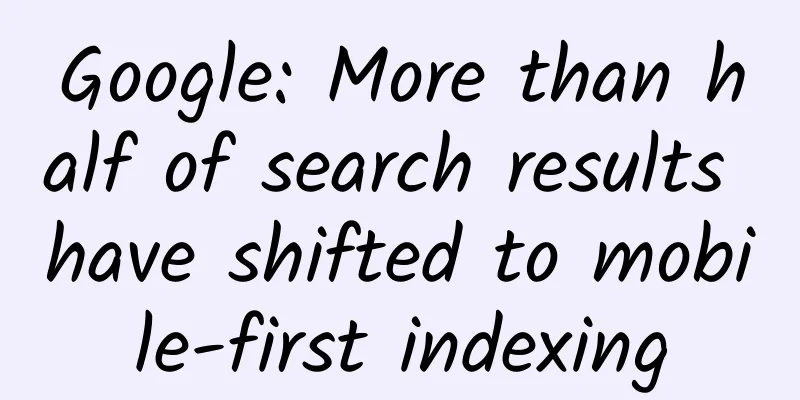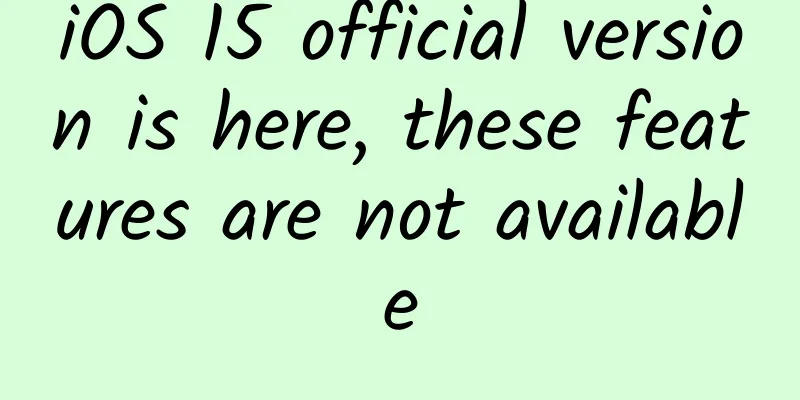Comparing the pros and cons of Android and iPhone

|
When we compare Android vs. iPhone, it's clear that Android has certain advantages, while the iPhone is better in some key areas. But which one is better? Comparing Android to iPhone is a personal question. For example, I use both. I know the pros and cons of both platforms. So, I decided to share my views on both mobile platforms. In addition, I will talk about my impressions of the new Ubuntu mobile platform and its advantages. Advantages of iPhone While I'm a die-hard Android user these days, I have to admit that the iPhone does some things right. First, Apple has a better track record of updating their devices. This is especially true for older devices running iOS. On the other hand, if Android isn't a Google-born Nexus, it's at best a higher-end carrier-supported phone, and you'll find that updates are few and far between or non-existent. Another area where the iPhone does well is app usability. To expand on this, iPhone apps almost always have a clean look. This isn’t to say that Android apps are ugly, but rather, they just don’t have the same consistent controls and user experience as on iOS. Two great examples of apps that are unique to iOS are Dark Sky (weather) and Facebook Paper. Then there is the backup process. Android can back up, and by default it backs up to Google. But it doesn't do much for app data. Compared to iPhone, iCloud can basically make a complete backup of your iOS device. What I find disappointing about the iPhone The most indisputable problem with the iPhone is that its hardware limitations are greater than its software limitations, in other words, the storage capacity issue. You see, with most Android phones, I can buy a phone with a smaller capacity, and then add an SD card later. This means two things: First, I can use the SD card to store a lot of media files. Second, I can even use the SD card to store "some" of my apps. Apple can't do this at all. Another thing that disappoints me about the iPhone is the lack of options it offers. Backing up your device? Hopefully you prefer iTunes or iCloud. But for someone like me who uses Linux, that means my only option is to use iCloud. To be fair, there are other solutions for rooting your iPhone if you're willing to jailbreak it, but that's not what this article is about. The same goes for rooting Android. This article is for the native setup of both platforms. Finally, let's not forget about this seemingly minor thing - iTunes removes your music because it thinks it's a duplicate of Apple Music... or some other similar rule. Isn't this iPhone-specific? I disagree, because the music ends up not being on the iPhone. I can say this with absolute certainty because I wouldn't lie about it anywhere. Advantages of Android The biggest benefit of Android to me is something that the iPhone doesn't offer: choice. That includes choice of apps, devices, and how the phone works overall. I love widgets! They may look silly to an iPhone user, but I can tell you they allow me to see the data I need without the hassle of opening an app. Another similar feature, I love installing custom widgets instead of the default one on my phone! Finally, I can add full computer-level functionality to my smartphone through tools like Airdroid and Tasker. AirDroid allows me to use my Android phone as a computer with file management and communication functions - this allows me to use a mouse and keyboard easily. Tasker is even more powerful. I can use it to make my phone contactable or uncontactable according to the environment. After I set it up, my phone will automatically enter meeting mode or even power saving mode when I arrive at a meeting room. I can also set it to automatically launch an application when I arrive at a specific destination. Where Android Lets Me Down Android backup options are limited to specific user data, not a full clone of the phone. Without root, you either have to let it happen, or you have to use the Android SDK to fix it. Expecting the average user to root or run the SDK to do a backup (and I mean everything) is obviously a joke. Yes, Google's backup service will back up Google app data, as well as other related customizations. But it's nowhere near as complete as what we've seen from Apple's service. To do anything like what Apple does, I've found that you either have to root it, or connect it to a PC and use some obscure software to do it. To be fair, though, I know people with Nexus who would benefit from the device's own full backup service. Sorry, but Google's default backup solution is a no-go. The same goes for backing up via adb (Android Debug Bridge) on a PC - it won't always restore as expected. Wait, it'll get better. After a lot of disappointment and frustration with failure, I found an app that looked like it "might" offer a tiny glimmer of hope, it's called Helium. Unlike other apps I found that had misleading and frustrating limitations, Helium initially looked like the backup app Google should have provided all along - mind you, it just "looked like" it. Sadly, it stumbled for me. Not only did I need to connect it to my computer the first time I ran it, but even using their provided Linux script didn't work. After removing their script, I got good old-fashioned adb to back up to my Linux PC. Something you might want to know: you need to have a bunch of stuff turned on in the developer tools, and you have to turn it off if you're running the Twilight app. I spent a little time figuring this out when the adb backup option wasn't working on my phone. Finally, Android also provides non-root users with the option to easily back up simple things such as contacts, text messages, etc. However, if you want to back up your phone in depth, in my experience, it is still better to use a wired connection and adb. Can Ubuntu save us? In the mobile space, given the pros and cons of the two major players, we would have expected to see a better performance from Ubuntu, but so far, its performance has been rather lackluster. I like what developers are doing with this OS and I definitely want a third option besides iPhone and Android phones, but unfortunately it is not popular on phones and tablets and has a lot of bad reviews due to low-end hardware and bad demos on YouTube. To be fair, I've used iPhones and low-end Android phones before, so this isn't a dig at Ubuntu. But when it comes to showing an ecosystem of features ready to compete with iPhones and Android, that's another story, and it's not something I'm particularly interested in right now. In the future, maybe, I'll feel like an Ubuntu phone will meet my needs. Android vs. iPhone: Why Android will ultimately win Despite its painful shortcomings, Android at least gives me choices. It doesn't limit me to just two ways to back up my data. Yes, some of Android's limitations are due to its focus on letting me choose what to do with my data. But I can choose my device and add more memory when I want. Android lets me do a lot of cool things that the iPhone simply can't do. Android, at its core, gives non-rooted users greater freedom to access the phone's features. For better or worse, it's a freedom that people want. Now, many of you who are iPhone fans should be thankful for the impact that projects like libimobiledevice have made. Look at what Apple is doing to stop Linux users from doing it... and ask yourself: is it really worth it as a Linux user? Leave a comment and share your thoughts on iPhone, Android or Ubuntu. |
>>: Tmall client's security model is the cornerstone of user experience
Recommend
Want to lower house prices? It might be a good idea to teach cars to drive themselves
Who would have thought that the group of people w...
What are the functions of Foshan check-in mini program? How to create a check-in app on WeChat?
A few days ago, a boss called me and wanted to mak...
How to apply the thinking logic of full-stack operations?
The Internet has transitioned from the barbaric e...
Tips for placing massive information flow ads!
Massive information flow is the first tier of the...
"3D Game Engine Development" Graphics Theory Basics Tutorial Video
Video lecture content: Through learning, you can ...
Daguang Kakaka's crazy cash-in class, five Douyin silent money-making tracks, nanny-level teaching
Daguang Kakaka's Crazy Cash-in Course, Five D...
One article will help you learn Ogilvy's social marketing strategy framework!
▎Social Marketing Trends Integrated social soluti...
Kingsoft Cloud signs contract with Xiongmai to build smart life
On December 30, Kingsoft Cloud and Xiongmai Techn...
Is it better to use the front or the back? A thorough understanding of mobile phone fingerprint recognition
According to statistics, iOS users unlock their sc...
The most practical Tieba traffic diversion methods and techniques on the entire network in 2019!
A large number of account merchants have died thi...
Sogou AI Recorder E1 is both a "recording studio" and a "translator", breaking the traditional boundaries
Affected by the epidemic, many companies have rec...
In the era of intelligence, games are not yet the G-spot to stimulate users to update their devices
From NVIDIA, the king of the PC world, to Imagina...
9 things you need to know before stocking up on cherries for the Spring Festival!
As the Spring Festival approaches, everyone start...
Longyan Mini Program Agency Company, how much does it cost to be an agent for a book mini program?
Why should you be an agent for WeChat Mini Progra...









